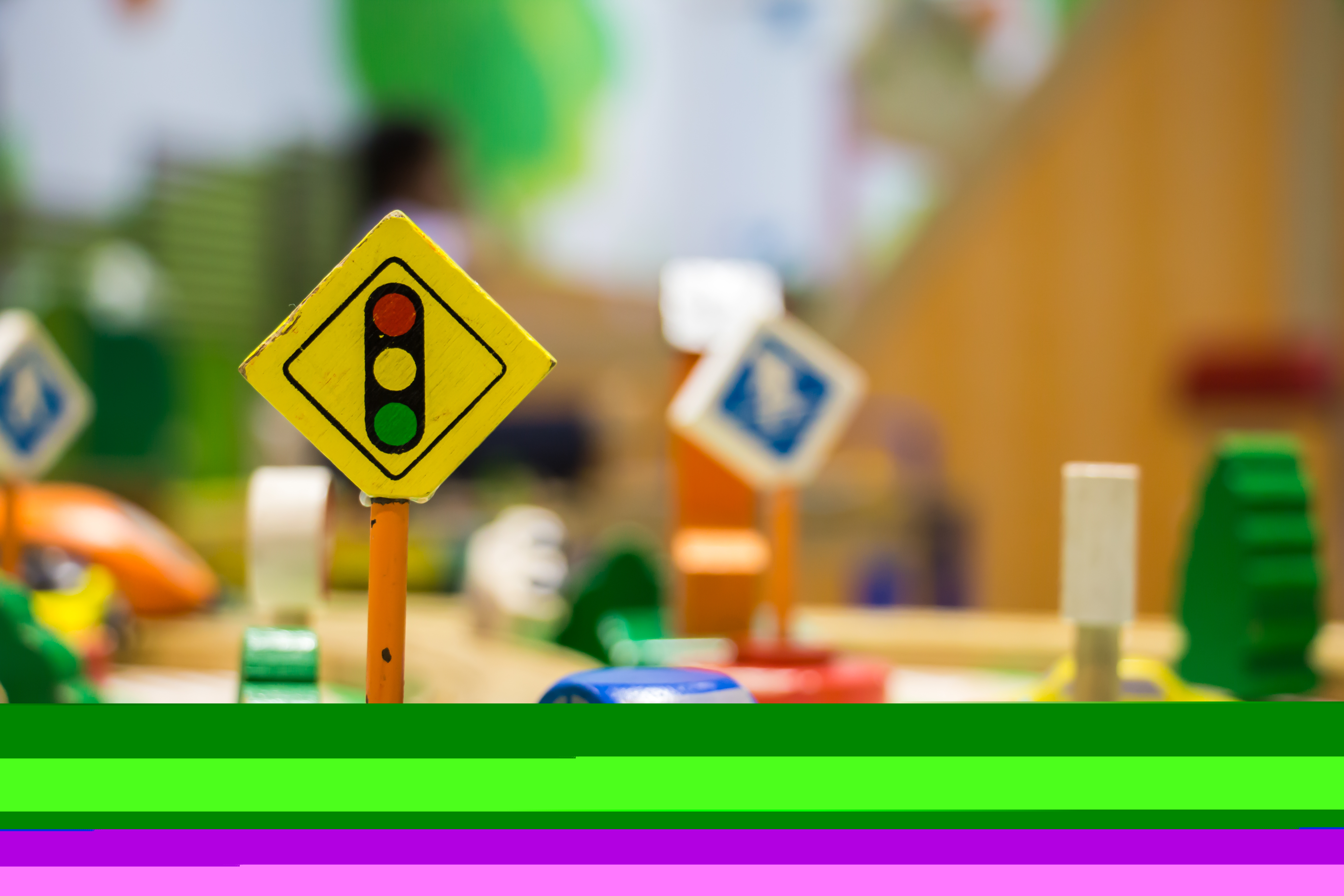Learning addition Worksheets for Ages 5-7
7 filtered results
-
From - To
Introducing our dynamic collection of "Learning Addition Worksheets for Ages 5-7"! Designed to make mastering addition fun and engaging, these worksheets are perfect for young learners embarking on their mathematical journey. Packed with vibrant visuals and intuitive exercises, our worksheets cater to different learning styles, helping children grasp essential addition concepts with ease. Whether your child is just starting or needs extra practice, these resources provide a solid foundation for future math success. Explore our collection today and watch your child’s confidence soar as they transform into proficient addition wizards! For even more learning adventures, visit Kids Academy.
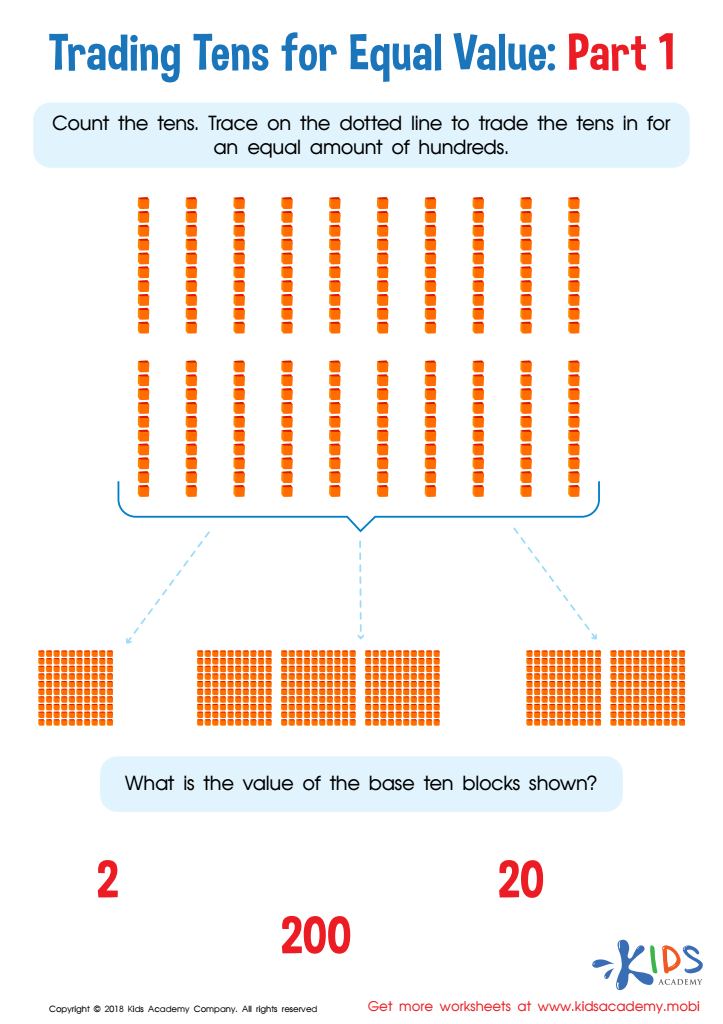

Trading Tens for Equal Value Worksheet: Part 1
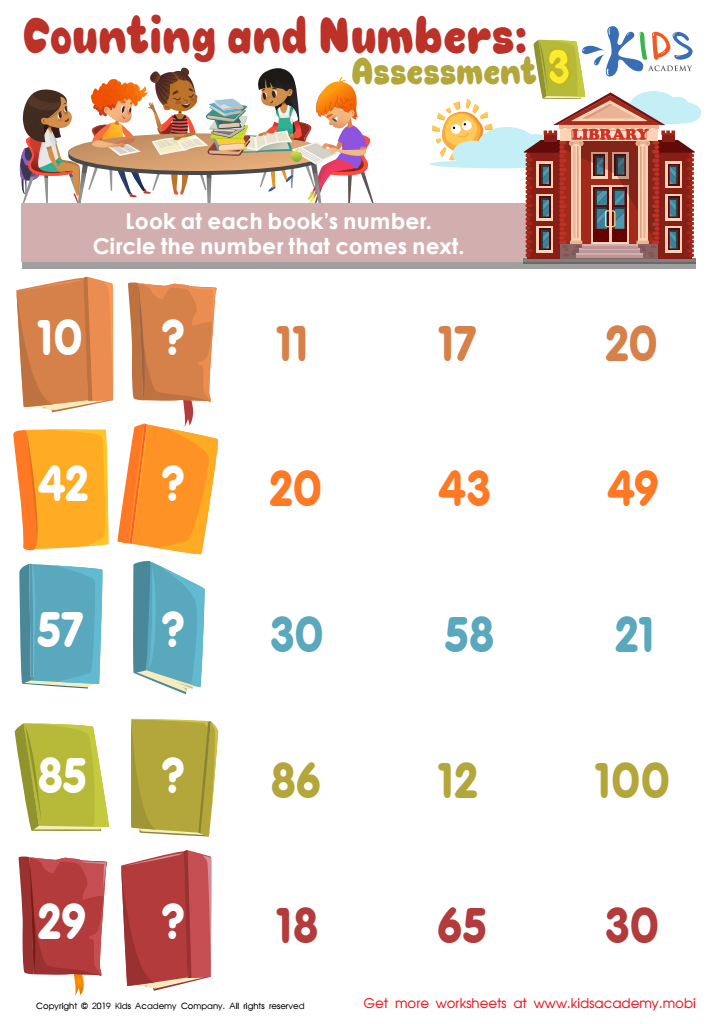

Counting and Numbers: Assessment Worksheet
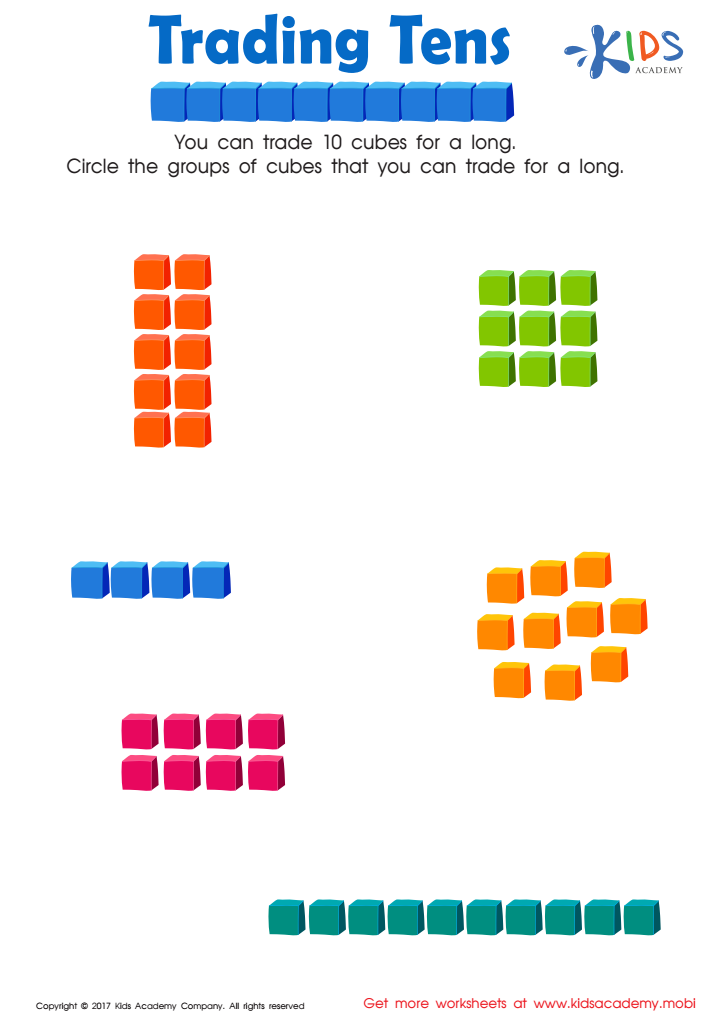

Trading Tens Worksheet
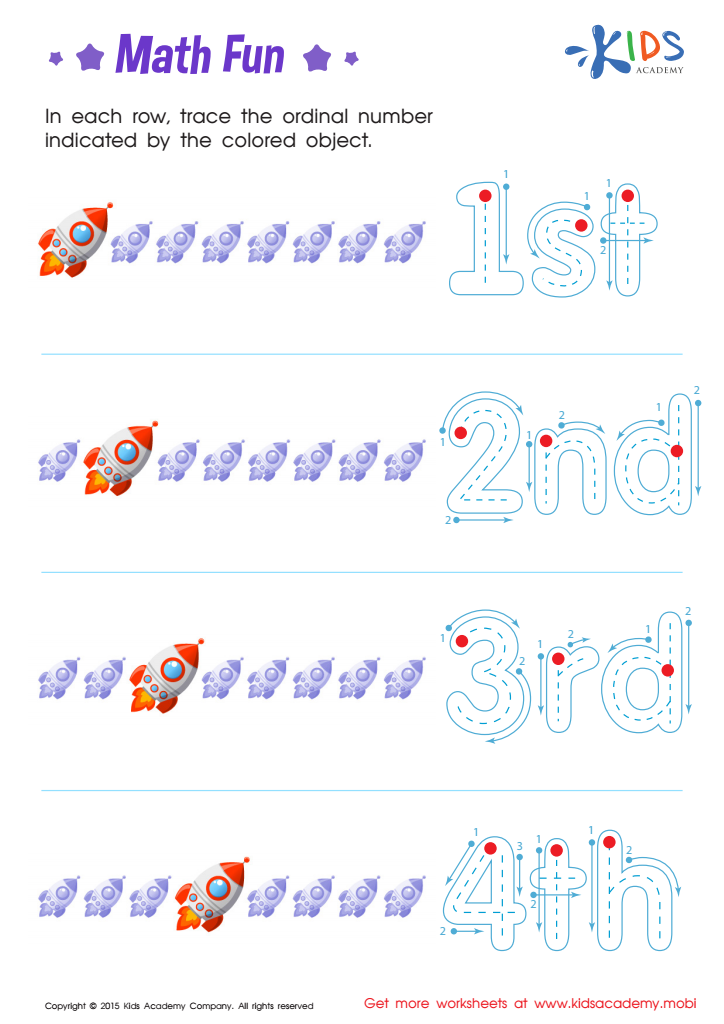

Ordinal Numbers: Math Fun Worksheet
Learning addition for children ages 5-7 is crucial and shouldn’t be overlooked by parents and teachers. At this formative stage, young minds are highly receptive to absorbing fundamental concepts that form the foundation for all future mathematical learning. Addition is one of these essential building blocks and is ubiquitous in everyday life, from counting toys to distributing snacks evenly.
Introducing addition early fosters numerical literacy and develops a child's ability to think quantitatively. It enhances their problem-solving skills, encourages logical thinking, and builds confidence in handling more complex mathematical operations in the future. These foundational math skills directly contribute to academic success in school subjects beyond math, such as science and geography, where quantitative reasoning is important.
Furthermore, learning addition is not merely about working with numbers. It cultivates skills like attention to detail, the ability to follow instructions, and the practice of perseverance when faced with challenges. Discussing fun, practical applications of addition, such as dividing playtime fairly or calculating saved-up allowances, also helps contextualize and solidify these concepts.
Overall, investing time in teaching addition to young children equips them with crucial life skills, promotes academic growth, and ensures they are well-prepared for advanced mathematical challenges in the years to come.

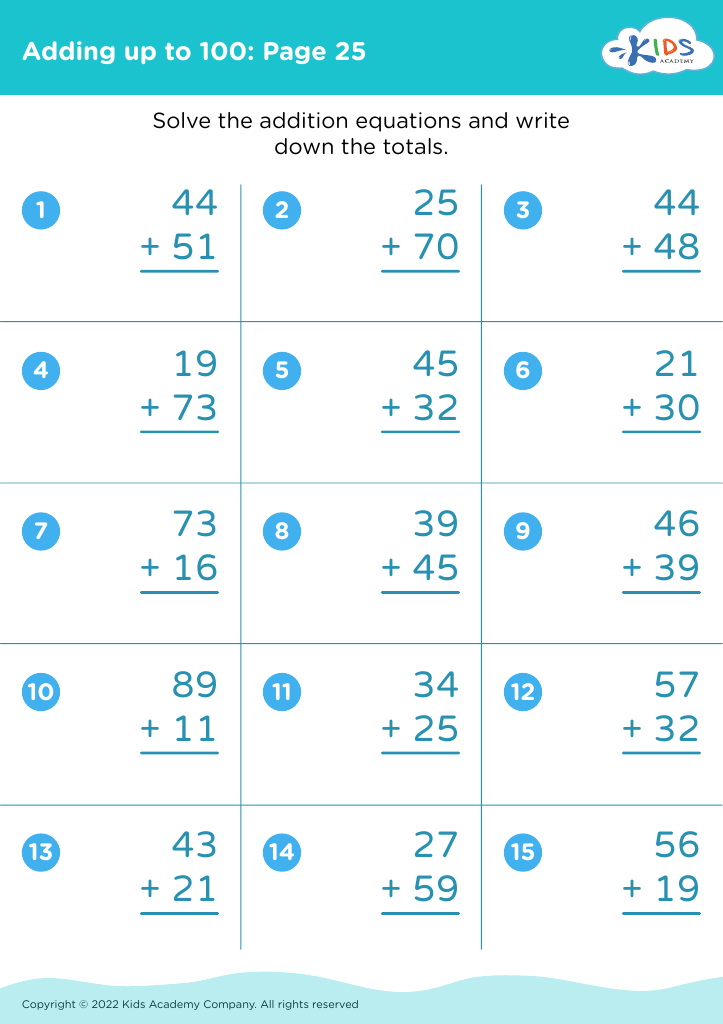
 Assign to the classroom
Assign to the classroom

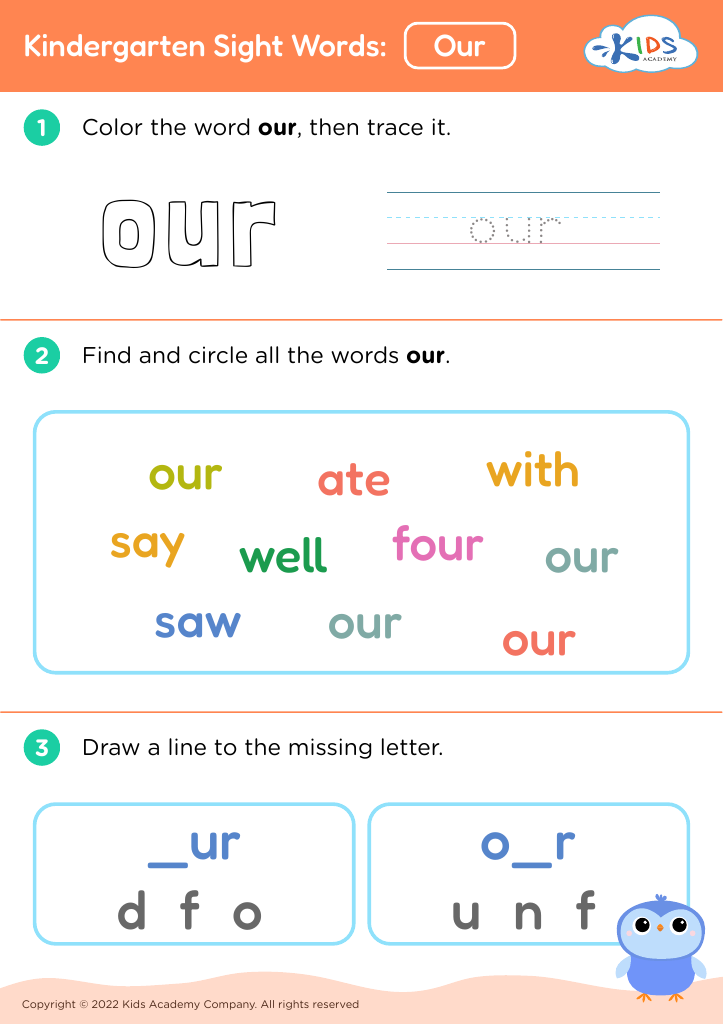

.jpg)



